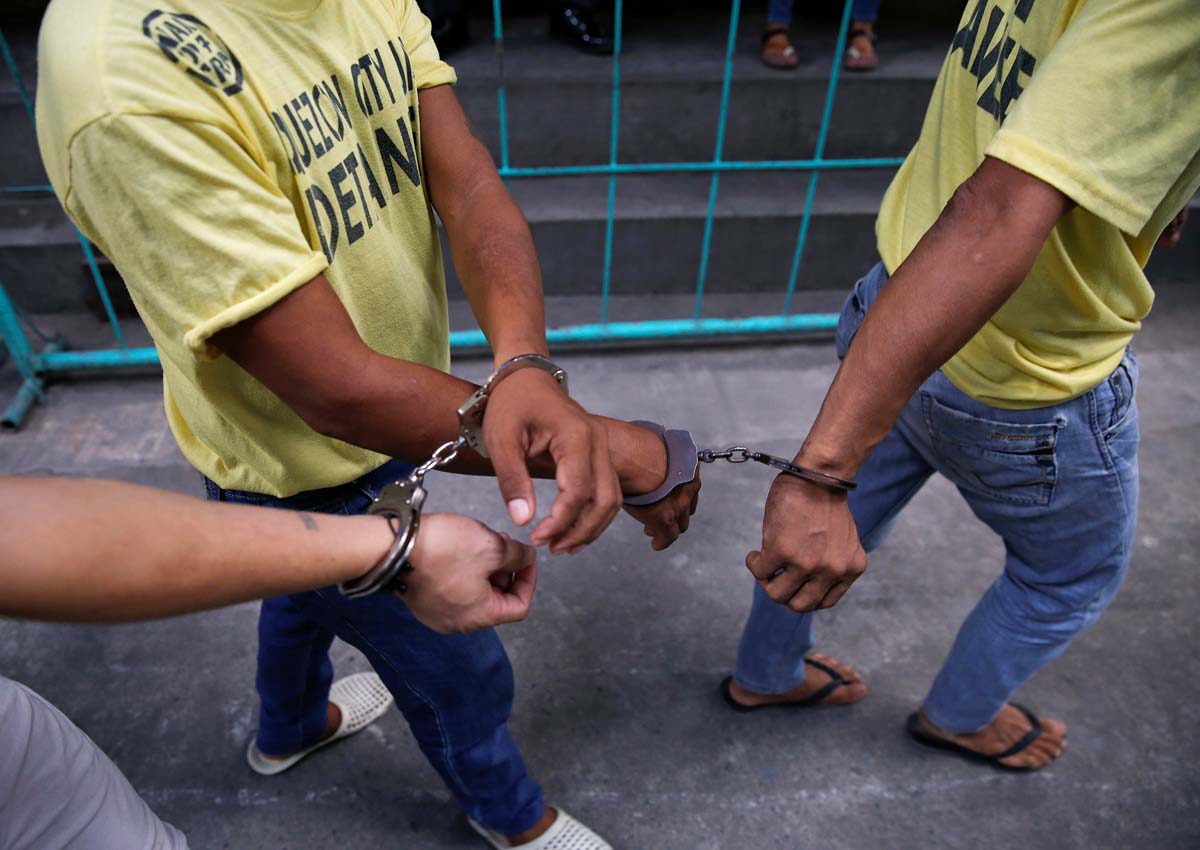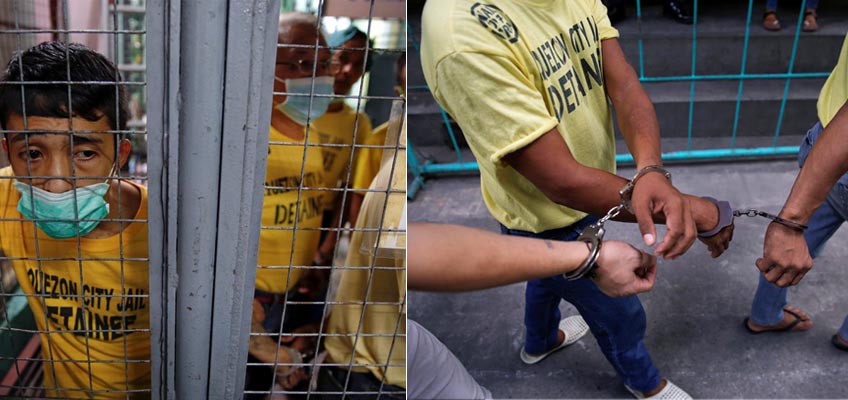Manila – Children as young as nine could be jailed in the Philippines for certain crimes under a proposed law backed by the president, sparking concern Monday from the United Nations and rights groups.
President Rodrigo Duterte’s allies have been pushing to pass laws by December that would restore the death penalty and lower the minimum age of criminal responsibility from 15 to 9.
Duterte won May elections largely because of a vow to kill tens of thousands of drug dealers, also promising on the campaign trail to close a loophole in the juvenile justice system that he said allowed traffickers to use minors as narcotic couriers.
“Adult criminals knowingly and purposely make use of youth below 15 years of age to commit crimes, such as drug trafficking,” Pantaleon Alvarez, one of the proposed law’s main backers, said in an explanatory note.
While Duterte wanted the age threshold dropped to 12, his allies went one step further by calling for it to be lowered to nine.
The UN children’s agency UNICEF reminded the Philippines of its international obligations.
Manila is a state party to the UN Convention on the Rights of the Child, which says criminal responsibility below the age of 12 is not acceptable.
“Jail is no place for a child. It is alarming for children to be institutionalised (sent to a penal institution),” UNICEF said in a position paper sent to AFP Monday. “It will be retrogression on the part of the Philippine Government.” Rights organisations launched a campaign called #ChildrenNotCriminals to urge lawmakers to reconsider their support for the law.
One of the groups, Plan International, told AFP that children on the wrong side of the law were often victims of criminal gangs.
“It is unfair that it’s always the children who are blamed. This will result in children becoming hardened criminals,” said Ernesto Almocera of Plan International Philippines.
The advocates appealed to Duterte to explore factors that led children to commit crimes, such as poverty and lack of parental guidance and education.
“We cannot hold children to the same standard as we hold adult offenders,” Melanie Llana of the Philippine Action for Youth Offenders told AFP. “Are we really going to jail 9-year-olds who we know are not fully mature?”
Duterte’s hardline approach to criminals has drawn criticism from its ally the United States, the UN and human rights groups.
Nearly 2,000 people have been killed in police operations and 2,800 have died in unexplained circumstances since Duterte took office on June 30, according to official figures.
Critics allege some of these deaths amount to state-sponsored extrajudicial killings, a charge Duterte has rejected.






























































